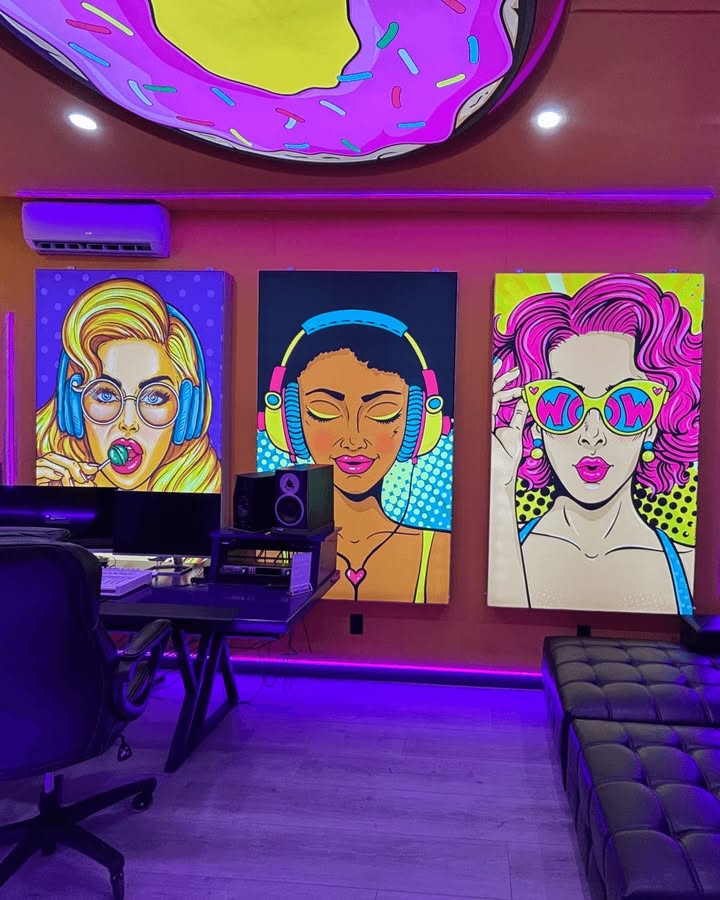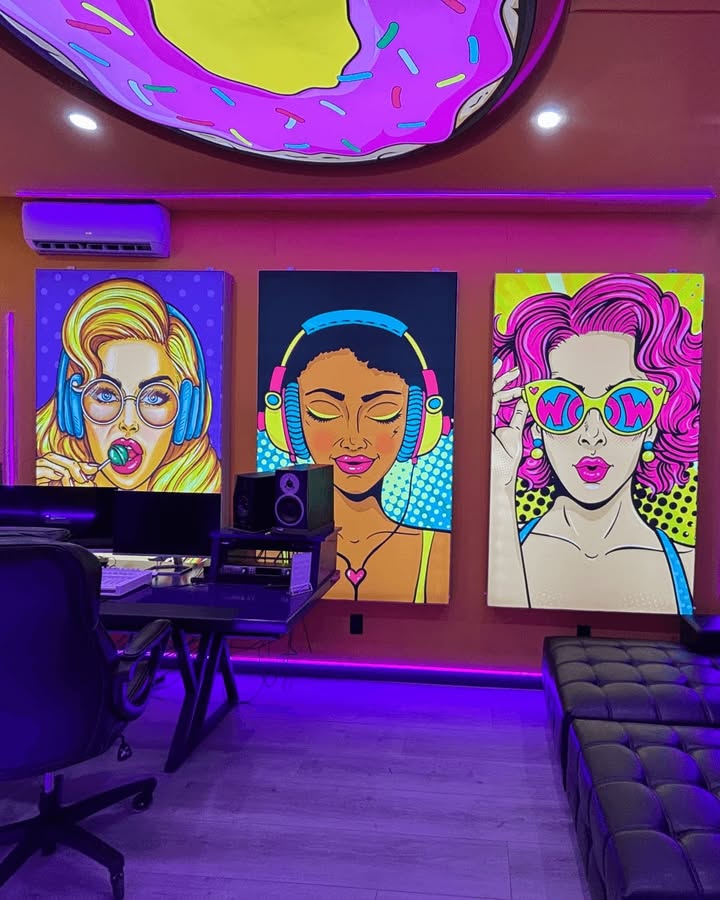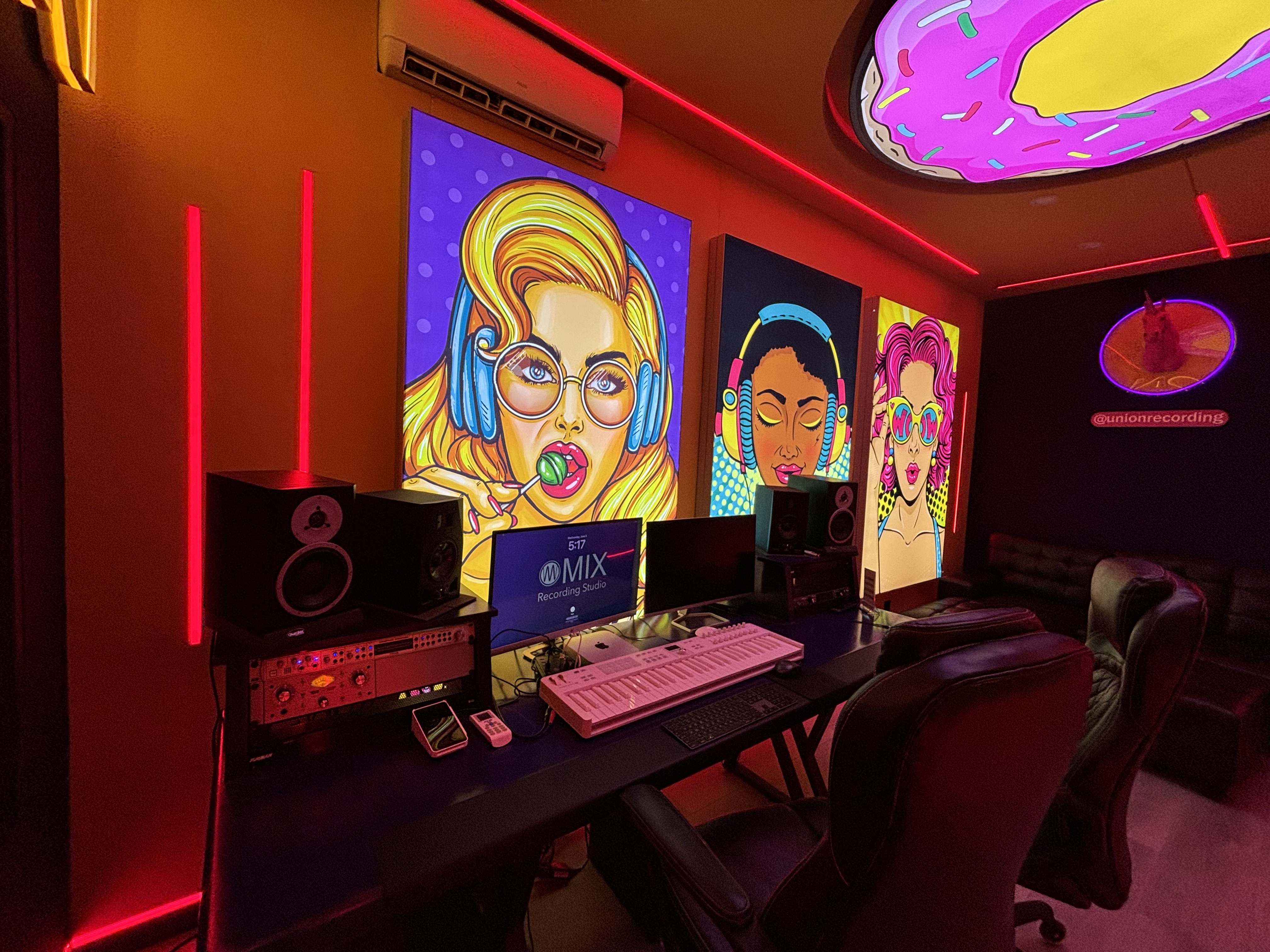Mastering Music Samples: Legal Tips for Indie Artists

Mastering Music Samples: Legal Tips for Indie Artists
Thinking about using music samples without clearing them? That move can cost you more than just a headache—it can shut down your music dreams before they start. As an independent artist, knowing the legal tips behind music licensing and sample clearance protects your art and your future. Keep reading to learn how to handle music samples the right way and keep your tracks safe and ready to shine. For more information, check out this detailed guide on sample clearance.
Understanding Music Licensing

Navigating the world of music licensing can seem daunting, but it's crucial for your music career. Knowing the basics helps set the foundation for your creative journey.
Basics of Music Rights
Every piece of music is protected by rights. These rights ensure that the original creators get credit and compensation. When you use music without permission, you risk legal trouble. So, what does this mean for you? Before using a sample, make sure you understand these rights. This knowledge not only protects you but also respects the work of other artists.
Understanding music rights involves knowing about copyright laws. Copyright protects the creators' work from being used without permission. For instance, if you sample a song, you're using someone else's creation. This use requires permission unless the sample falls under fair use, which is rare in music.
For more insights into music rights, explore this helpful article.
Importance of Sample Clearance
Clearing samples is a must. Why? Because it saves you from legal headaches and helps you maintain a clean reputation in the industry. When you clear a sample, you obtain the necessary permissions to use someone else's work in your music. Failing to do this can lead to lawsuits, financial penalties, or even having your music taken down.
So, how do you clear a sample? The process involves identifying the song's rights holders and negotiating terms for usage. This might seem tedious, but it's easier than dealing with a lawsuit. Plus, it shows you respect other artists' work.
If you're unsure about clearing samples, check out this step-by-step guide.
Legal Tips for Independent Artists

Once you grasp the basics of music rights, it's time to dive into practical legal tips. These tips are essential for anyone looking to use samples legally in their music.
Identifying Copyrighted Material
Before using a sample, you must determine if it's copyrighted. Most music is protected, but some older works might be in the public domain. Checking the copyright status helps you know whether you need to pursue clearance.
To identify copyrighted material, you can start by researching the song's details. Look for its release date and the copyright notice. If it's a recent release, it's likely protected. Tools like SoundExchange can help you verify this information.
Remember, even a small, unrecognizable sample might be protected. Always err on the side of caution and assume a piece is copyrighted until proven otherwise. If in doubt, consult with a legal expert or use resources like this Reddit discussion.
Navigating Sample Clearance
Clearing a sample involves a few key steps, but it starts with knowing who to contact. You need to find the rights holders, which can be the original artist, their record label, or a publishing company. Once you have their contact, you can negotiate the terms of usage.
Here’s a simplified breakdown of the sample clearance process:
Identify the Sample: Know exactly what part of the song you want to use.
Find the Rights Holders: Use resources like the Performing Rights Society to find contacts.
Negotiate Terms: Discuss how you'll use the sample and agree on any fees or royalties.
Get it in Writing: Once terms are set, ensure you have a written agreement.
Following these steps not only helps you legally secure your samples but also builds good relationships in the industry. For a more detailed approach, check this comprehensive guide.
Protecting Your Music Career

With legal tips in hand, your next focus is on safeguarding your music career. Avoiding legal pitfalls is key to long-term success.
Avoiding Legal Pitfalls
Legal issues can derail your career quickly. By understanding common pitfalls, you can steer clear of them. One major pitfall is assuming that altering a sample makes it unrecognizable. This is false—and risky. Even altered samples need clearance.
Another common mistake is ignoring the licensing for international use. Music released globally needs clearance in each region. Overlooking this can result in hefty penalties or your music being removed from certain markets.
Be proactive about your legal affairs. Regularly review your licenses and consult with a music lawyer to ensure compliance. Most artists think they can bypass these steps, but this oversight can cost them dearly in the long run.
Consulting with Union Recording Studio 🎶
One of the smartest moves you can make as an independent artist is consulting with experts who know the ins and outs of music production and licensing. Union Recording Studio is more than just a space to record—it's a partner in your creative journey.
Our studio offers not only state-of-the-art equipment but also guidance from seasoned professionals. Whether you need help with sample clearance or just want to lay down your tracks, we're here to support your vision. Don't let legal hurdles stand in your way. Reach out to us to learn how we can assist you in producing music that not only sounds great but is legally sound too.
The longer you wait to address these legal considerations, the more you risk your music career. So take action now, safeguard your art, and let your creativity thrive without legal worries.